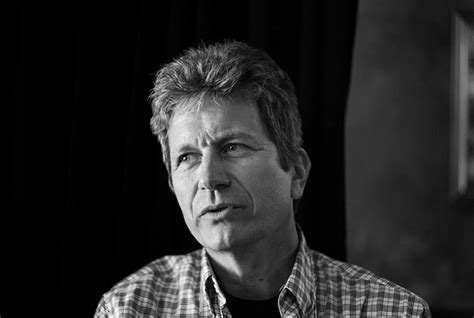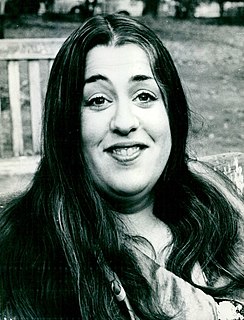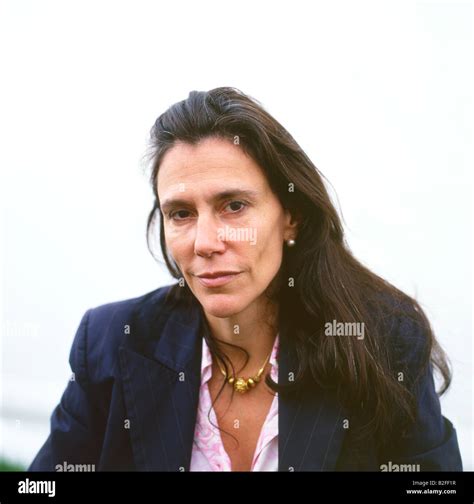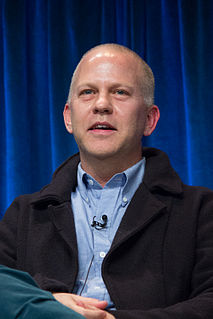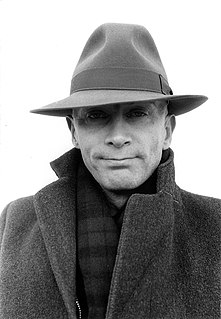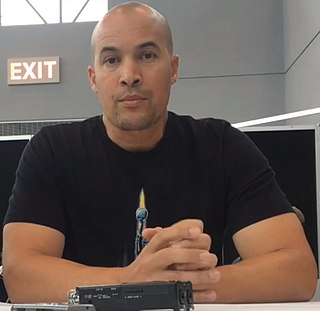A Quote by Vince Gilligan
Finding yourself on a show that's appreciated by its intended audience is a very rare and lucky thing, so when you win the lottery like that, you don't want to rush its conclusion; you want to keep it going as long as you can.
Related Quotes
Independent films are very hard to get made, but I'm lucky enough to get them made, so I'm going to keep doing it. I like my independence. I like being able to tell a story the way I want to tell a story. I don't like developing it with a team. I like coming to a story and deciding whether I want to do it or not.


